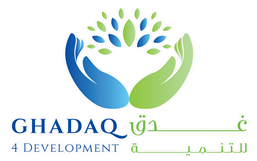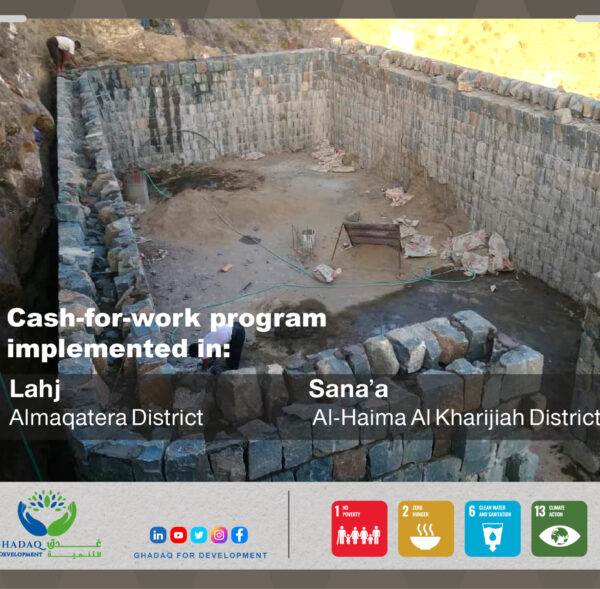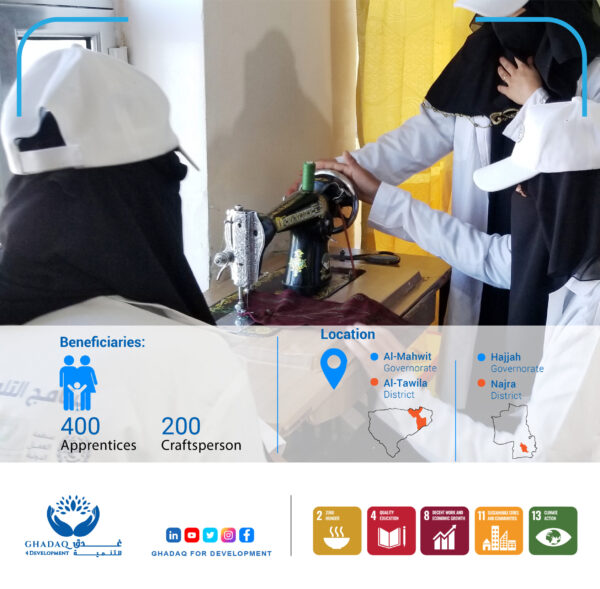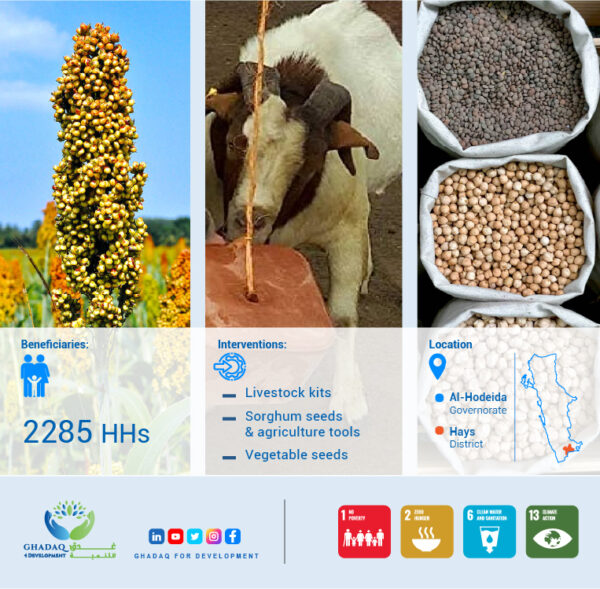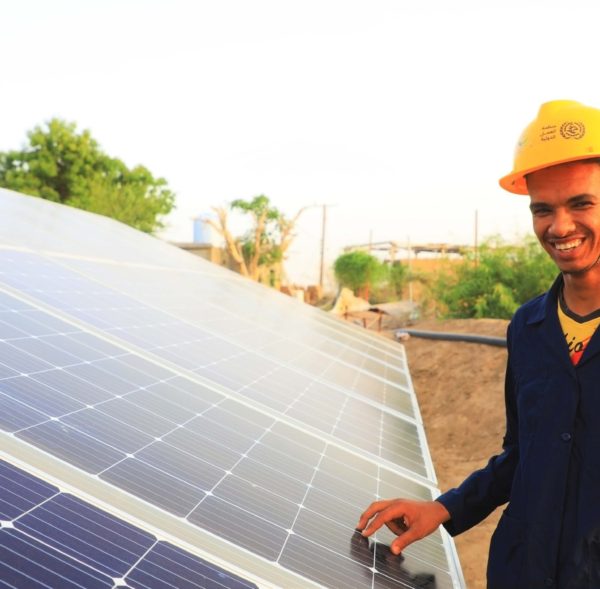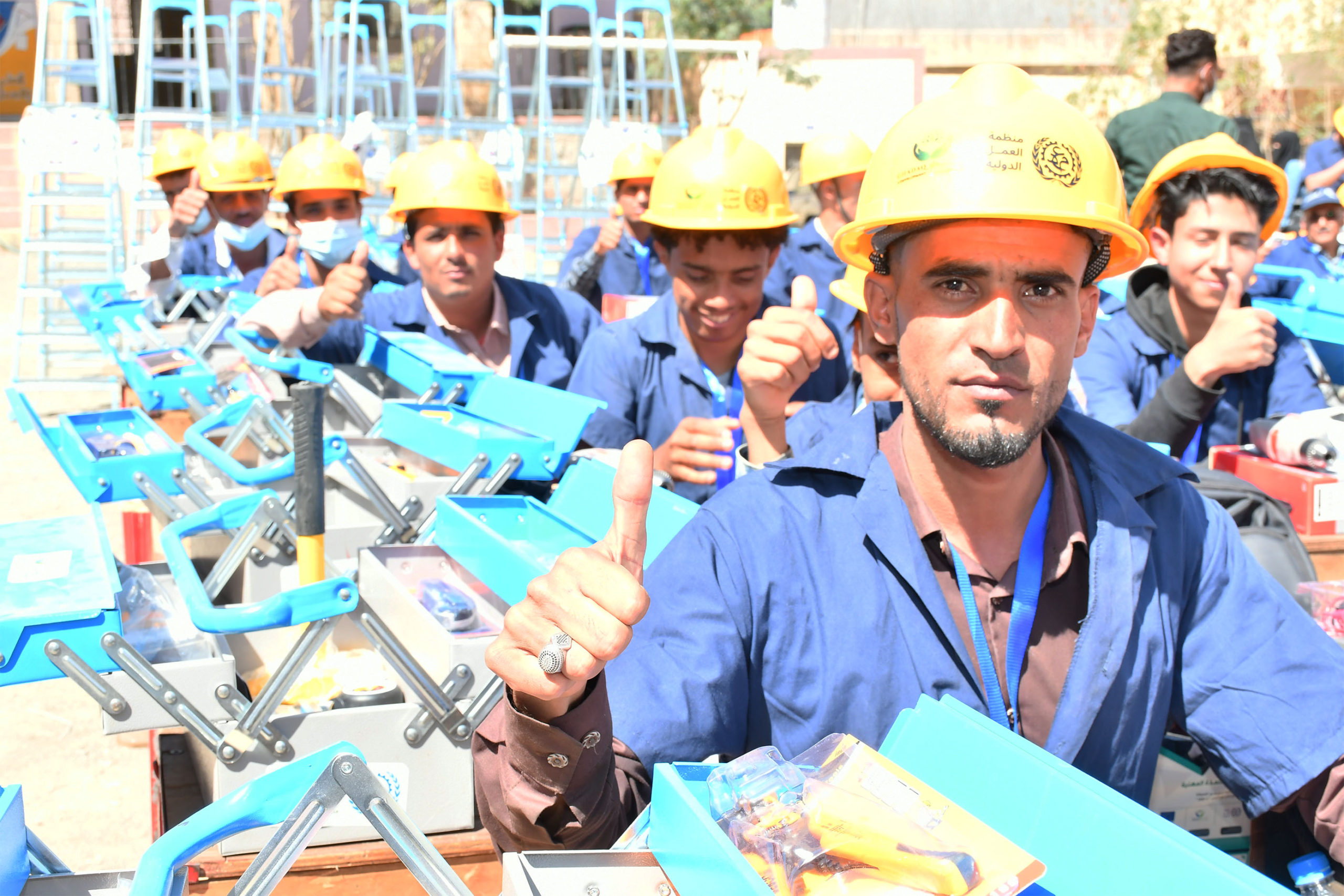
- April 12, 2022
- 11:53 am
Full title of the project:
Recipient:
Target areas:
Donor:
Implementation:
Contribution:
Project code:
Objective:
Key partners:
Beneficiaries reached:
Activities implemented:
| Scope of Work
The Scope of Work entails implementing apprenticeship programme in nine priority occupations including Workplace Based Learning activities and improving the productivity / learning contents / working conditions for the trainees. 400 Youths (40% women) will be recruited into the programme in the occupations described in the following sectors:
project phases 1. Pre-training stage:
2. Training stage – craftsperson training: Craftsperson are trained and built to be able to impart training to the apprentices through the following training programs:
3. Apprentice’s training: Providing apprentices with the skills that prepare them and qualify them to integrate into the work environment before training in the field through the following training programs:
Providing the apprenticeship with professional competencies, including the practical skills and knowledge required to perform the occupation according to market needs, through:
|
Impact:
Main outcome:
385 youths (40% Women) in the targeted area have increased employability because of short-term Workplace-Based Learning.
Output 1 Curricula and methodological tools were designed and agreed, through businesses partnership in 4-7 sectors skills/economic sectors that can offer viable employment opportunities in targeted Governorate.
Output 2: TOT training for 16 trainees to transfer training for 200 craftsperson with modern training and assessment methods for 40 training hours.
Output 3: Capacity of 200 businesses’ master craftspersons is increased to manage Workplace
Output 4: 385 Youth are identified and selected as per criteria and trained on the job and in classroom.
Output 5: 385 youth tested, certified based on completion of the Workplace Based Learning programme and supported to get sustainable employment opportunities.
Results :
- Increase family income, improve sustainable livelihood opportunities, and enhance social service delivery.
- Improving community livelihoods, productive assets and food security to enhance resilience and self-reliance.
- Enhanced long-term food security for the selected beneficiary households.
- Develop beneficiaries’ knowledge and capabilities through skills training
